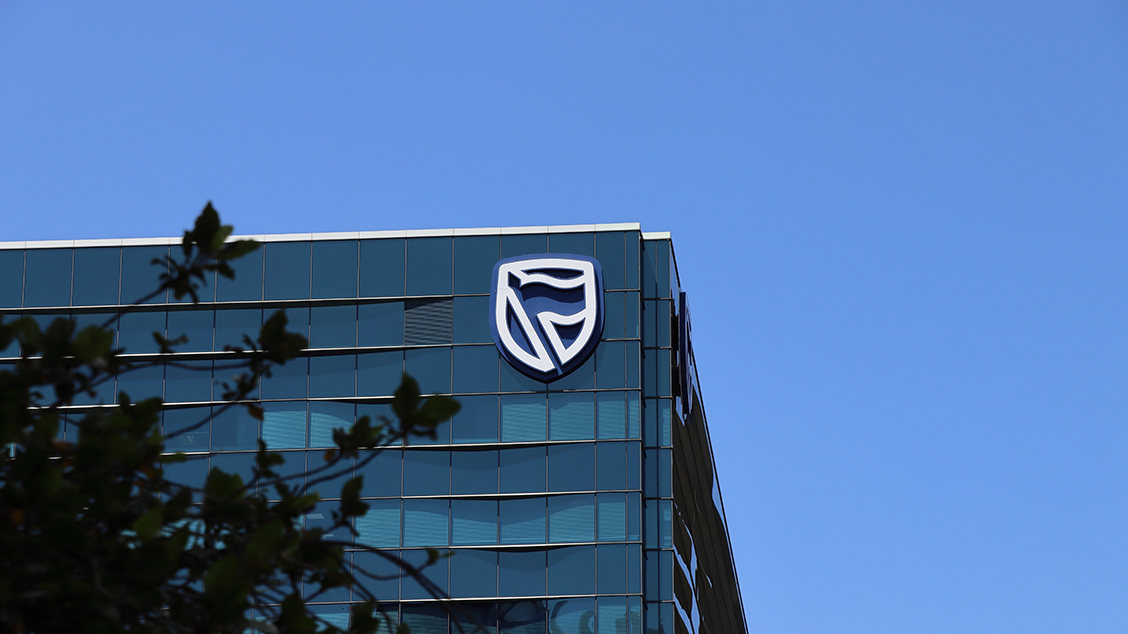A broader client base can now access the same offerings.
Private banking has proven to be one of African banks’ most challenging business segments. According to Henley & Partners’ Africa Wealth Report 2023, the continent boasts 138,000 high net worth individuals (HNWIs), 23 with wealth of at least $1 billion each, and 328 with individual wealth of at least $100 million.
The competition for the limited number of superwealthy clients, of which 56% are concentrated in just five countries—South Africa, Egypt, Nigeria, Kenya, and Morocco—has become unfeasible. Consequently, some banks have significantly lowered the thresholds for affluence.
However, devising strategies to attract and retain wealthy clients requires a high degree of adaptability. Notably, banks and wealth managers have managed to tap into only about $150 billion of the $2.4 trillion of investable wealth held by the super-rich. These funds have mostly been directed toward real estate and listed company holdings.
Idowu Thompson, group executive of Private Banking and Wealth Management at First Bank of Nigeria, emphasizes that serving the rich requires going beyond the obvious: “Our commitment and determination lie in consistently delivering superior financial performance through the application of technology and innovative financial solutions.”
Best Private Bank In Africa: Standard Bank
In 2022, Standard Bank achieved an impressive 99% client retention rate and welcomed a 7% increase in clients, attracting 105,290 new private banking clients and expanding its total clientele to over 1.5 million. This accomplishment is underscored by the bank’s robust financial performance, with a 37% rise in private banking headline earnings, reaching $228.2 million.
Furthermore, Standard Bank’s assets under management come to a substantial $13.6 billion. These achievements are particularly notable for a bank that operates across 20 African markets, offering private banking services in 17 countries.
An example of this innovation is the wealth management app My360, which offers a consolidated view of an individual’s financial landscape, encompassing both onshore and offshore allocations.
Best Private Bank For Sustainable Investing: First Bank Of Nigeria
Earlier this year, First Bank of Nigeria initiated a significant overhaul to help replicate the successes achieved in its home market throughout the continent. The bank, having doubled its clientele to 4,000, views wealth services as promising avenues for growth. “Our strategies are driven by the goals of sustainability, inclusiveness, accountability, and responsibility in the delivery of exponential growth,” says First Bank’s Thompson.
This commitment is evidenced by the bank’s extension of loans to women amounting to over $43 million and the training of more than 18,300 employees in sustainable investing. These strategies have yielded remarkable results: Net profits surged by an impressive 159.2% to $299 million in the nine-month period through September, compared to $115.3 million in the same period last year.
Best Private Bank Digital Solutions For Clients: Zenith Bank
The banking industry in Africa is currently in the middle of an intense digital-transformation race, and Zenith Bank has consistently led the charge.
The bank has wholeheartedly embraced cutting-edge technologies such as robotics, artificial intelligence, and blockchain to invest in state-of-the-art products and services—including its own Zenith Bank Mobile App, which bundles Mobile Banking and eaZymoney; as well as ZiVA, the Zenith Intelligent Virtual Assistant.
The overarching goal is to revolutionize the customer experience and deliver value, especially to HNWIs who demand efficiency above all else. Zenith Bank’s investment in technology is paying substantial dividends, with the bank posting an impressive $457.8 million in profits for the first half of this year.
Furthermore, the value and volume of electronic transactions have grown by 9.1% year on year. Online banking, the cornerstone of affluent banking, recorded a transactional value of $28.9 million in the first six months; while mobile banking accounted for $27.3 million in transactional value.




